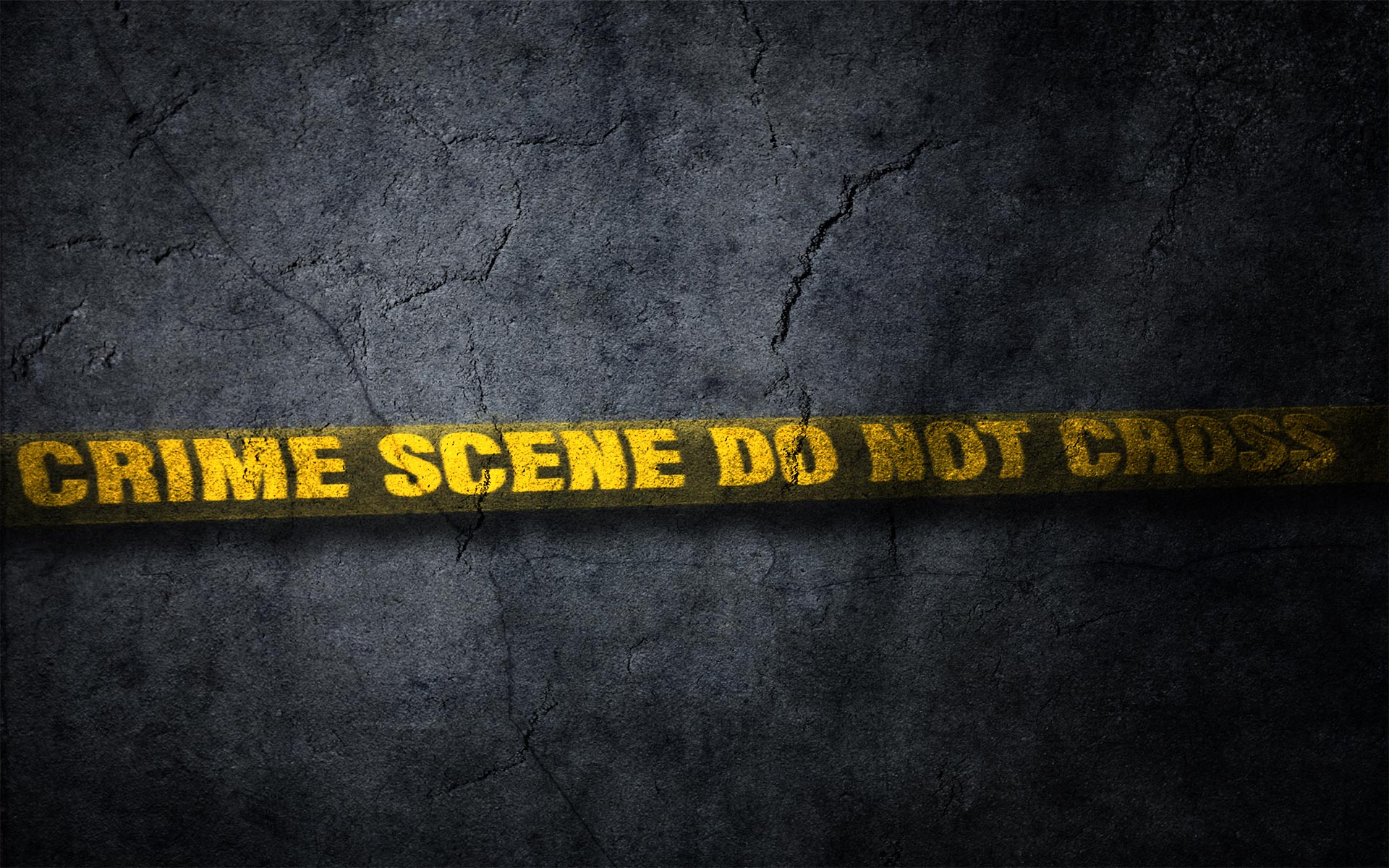Video of an expository teaching of Psalm 1:4-6, by Bill Rhetts (part two of two)
In this passage we teach, learn, or reaffirm (including but not limited to), about the driven, the doomed, and the damned (they are contrary to verses 1-3). We also learn more about Gods judgment, hell, and His wrath. We learn about the incidents of false converts in our congregations, and the ‘unbiblical soteriologies,’ that create them. We teach whom the “righteous” are, and what true salvation looks like. Regarding my comment about “Al Bundy? What was I thinking, that was a thunder of a blunder.
“God cannot be true to His own being simply to ‘excuse’ wrongs. Our actions matter, and cannot be overlooked in a moral universe. Liberal theology has contested the need for divine judgment to be enacted since God is love, anticipated by Heinrich Heine’s dying words in 1856: “‘Of course God will forgive me, that’s His business.’” The response to this by Theologians such as Forsyth and Barth, has been that God is holy and cannot implicitly connive at wrong by overlooking it; to do so is not love in any deep sense.” [1]
Konrad Pellikan said,
“In the judgment of divine justice, and in the great general council of the saints… the wicked and licentious will not stand at all, but will fall condemned on account of their own impiety and faithfulness; they will stand before the judgment seat of Christ, the supreme judge. And they will soon receive the sentence pronounced on them; more correctly, they will be ‘violently’ dragged off into eternal fire and punishment prepared for the Devil and his angels.”
Doxology by Angie Lewis.
[1] Dictionary of Theology, (England, Inter-Varsity Press, 2016) page 478.
.


